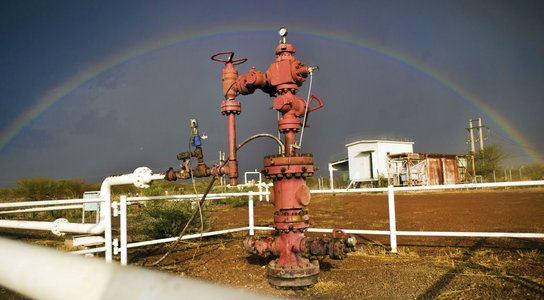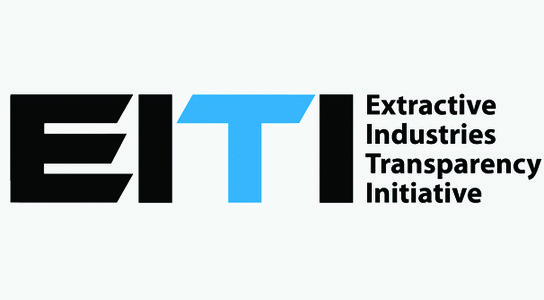Sources tell me international oil-giant Shell is deeply unhappy. But what could be troubling them, I hear you ask? Perhaps it is down to their ridiculous and now failed attempt to find oil in the arctic, all the more painful having burned through US$7 billion in the process?
Or maybe it is because they participated together with the Italian oil company Eni in a corrupt deal for Nigeria’s prolific off-shore oil block OPL 245; a deal in which they knew that the US$1.1 billion they paid for the block would be paid over to private hands, rather than for the benefit of the country’s own development. Italy’s Milan Prosecutor is currently conducting a criminal investigation into the role of Eni in the deal. Could Shell be worried their actions might come back to haunt them too? Even though most of us in circumstances like this would be left with sleepless nights, we hear nothing from the company as it carries on regardless, it seems, hardly breaking into a sweat.
But if I was to bet on it, I’d suggest that a mere letter was the instrument of their ire. Sent on the 13th October to the multi-stakeholder Extractive Industries Transparency Initiative (EITI), the letter called for fossil fuel companies to be made to disclose the lifetime economic viability for each of their extraction projects, assuming that global policies holding the world to no more than a 2°C rise in temperature above the pre-industrial era were to be implemented. Signed by more than 1000 international environmental, human rights and indigenous peoples groups, the letter demanded the EITI’s Board (whose members include fossil fuel companies like Shell) to reform the EITI standard to ensure it incorporates disclosure of these risks. The imperative for this, it stated, is because such details are “…matters of profound public interest,” and will be vital to ensure the “…rapid phase-out of fossil fuels” needed to ensure globally agreed temperature targets are achieved.
As co-founder in 2002 of the Publish What You Pay campaign (PWYP), this push to bring climate change into the transparency agenda is music to my ears. Over the past 17 years, I have lost count of the number of cases Global Witness has exposed malfeasance and corruption in the fossil fuel sector. Following these years of experience, for many parts of the world, my working assumption today is that nearly every oil concession deal is corrupted in some way.
In my view though, the prize for the greatest act of collective corruption and co-option of politics goes to the fossil fuel industry for the way in which it has ensured a failure of policy-making to tackle the climate crisis. You only have to look at recent revelations about Exxon’s scientific understanding about the climate, and the company’s subsequent efforts since the 1970’s to cover up what they knew, to see where I am coming from – and I doubt very much they were alone. This is corruption on a truly gargantuan scale.
Last week the international Board of the EITI has been meeting in Bern, Switzerland. On the agenda has been a sustained effort to water down the EITI standard, driven by the Secretariat, some country members of the EITI Board, and some extractive companies who would like to see a toothless outcome. They are playing with fire because central to the premise of EITI is the fact that civil society is an equal player at the table, whose task is to hold both companies and Governments to account. This does not work if civil society organisations and wider citizenry are subverted, arrested and otherwise bullied into submission.
As things stand, there is a dangerous level of flirting with the very despots the initiative is supposed to ensure are held to account. And on the letter, as yet, deafening silence. In the face of perhaps the greatest existential crisis humanity has ever faced, it seems the EITI has nothing to say? This is not good enough. The EITI has to get its act together. We need strengthening of the standard, not weakening, and this must ensure civil society is able to play its part. Countries cannot expect a free pass. And given the consequences, perhaps most importantly, the standard must include disclosure of climate risk, or the EITI risks becoming a facilitator for continuity of the fossil fuel era - further than any of us can afford.


